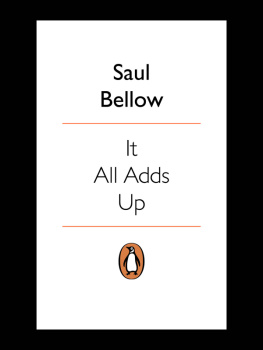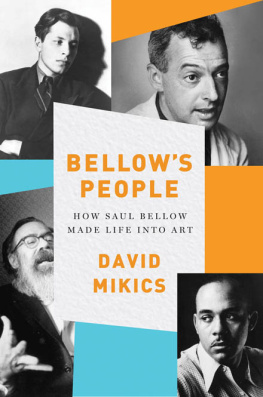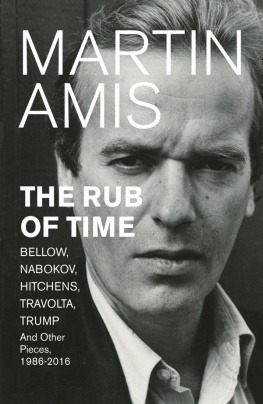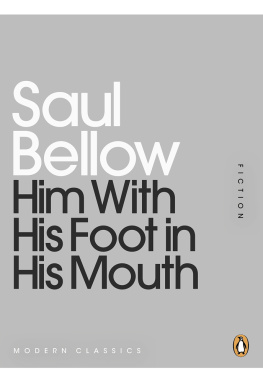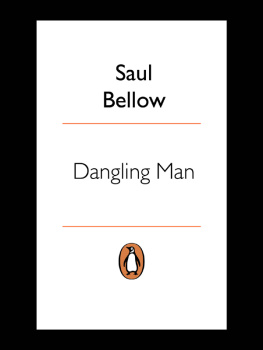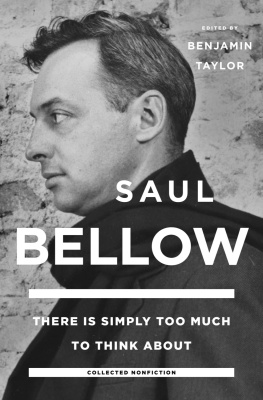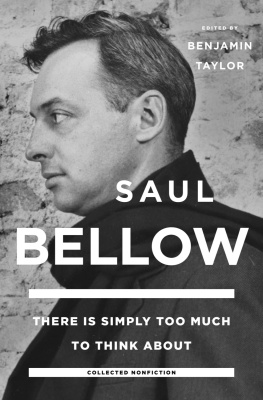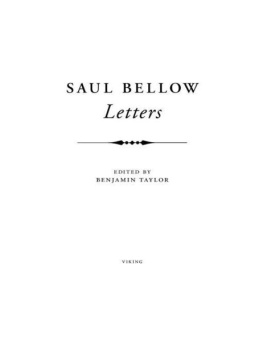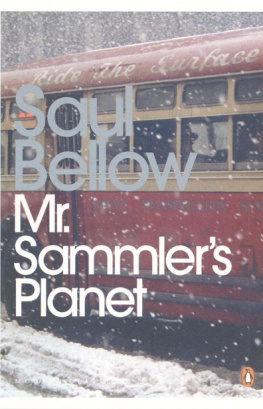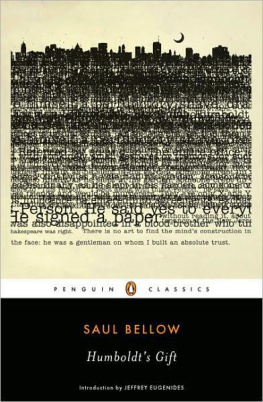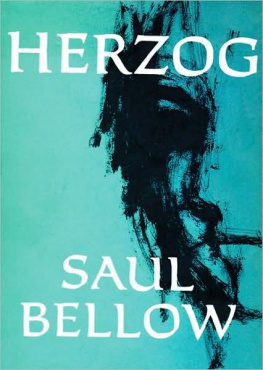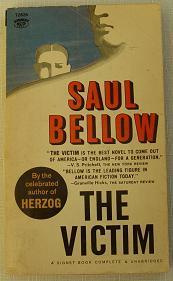PENGUIN CLASSICS
Published by the Penguin Group
Penguin Books Ltd, 80 Strand, London WC2R 0RL, England
Penguin Group (USA) Inc., 375 Hudson Street, New York, New York 10014, USA
Penguin Group (Canada), 90 Eglinton Avenue East, Suite 700, Toronto, Ontario, Canada M4P 2Y3 (a division of Pearson Penguin Canada Inc.)
Penguin Ireland, 25 St Stephens Green, Dublin 2, Ireland (a division of Penguin Books Ltd)
Penguin Group (Australia), 707 Collins Street, Melbourne, Victoria 3008, Australia (a division of Pearson Australia Group Pty Ltd)
Penguin Books India Pvt Ltd, 11 Community Centre, Panchsheel Park, New Delhi - 110 017, India
Penguin Group (NZ), 67 Apollo Drive, Rosedale, North Shore 0632, New Zealand (a division of Pearson New Zealand Ltd)
Penguin Books (South Africa) (Pty) Ltd, Block D, Rosebank Office Park, 181 Jan Smuts Avenue, Parktown North, Gauteng 2193, South Africa
Penguin Books Ltd, Registered Offices: 80 Strand, London WC2R 0RL, England
www.penguin.com
First published in the United States of America by Viking 1994
Published in Penguin Books 1995
Published in Penguin Modern Classics 2007
Copyright Saul Bellow, 1948, 1955, 1956, 1957, 1960, 1961, 1962, 1970,1973, 1974, 1975, 1979, 1983, 1990, 1991, 1992, 1993, 1994
Copyright renewed Saul Bellow, 1976, 1983, 1984, 1985, 1988, 1989, 1999
All rights reserved
constitutes an extensionto this copyright page
The moral right of the author has been asserted
ISBN: 978-0-141-91379-7
PENGUIN MODERN CLASSICS
It All Adds Up
Saul Bellow (19152005) is the only novelist to receive three National book awards, for The Adventures of Augie March, Herzog, and Mr Sammlers Planet. In 1975, he won the Pulitzer Prize for his novel Humboldts Gift. The Nobel Prize in Literature was awarded to him in 1976 for the human understanding and subtle analysis of contemporary culture that are combined in his work. In 1990, Mr Bellow was presented with the National Book Award Foundation Medal for distinguished contribution to American letters. He has also received the National Medal of Arts. His books include Dangling Man (1944), The Victim (1947), The Adventures of Augie March (1953), Seize the Day (1956), Henderson the Rain King (1959), Herzog (1964), Mosbys Memoirs (1969), Mr Sammlers Planet (1970), Humboldts Gift (1975), To Jerusalem and Back (1976), The Deans December (1982), Him With His Foot in His Mouth and Other Stories (1984), More Die of Heartbreak (1987), A Theft (1989), The Bellarosa Connection (1989), Something to Remember Me By (1991), It All Adds Up (1994), The Actual (1997), Ravelstein (2000) and Collected Stories (2001).
Preface
It is never altogether pleasant to read what you wrote decades ago. Here and there I found pieces that pleased me, and for a moment I could say, like little Jack Horner, Oh, what a good boy was I! The least gratifying of my discoveries was that I, too, had a King Charles head and that I had been doodling away like Mr. Dick in David Copperfield. I was obsessed or distracted by the subject of distraction. A second King Charles head, smaller but nearly as persistent, presently materialized: I kept mentioning Wyndham Lewis. Why was it that I invoked few other names?
I have been reading Lewis for half a century or longer. His political ideas repelled me (I still dislike them), but he had thought more deeply and written more intelligently about the lot of the artist in the twentieth century than any of his contemporaries. I cared little for The Art of Being Ruled, but I have gone back repeatedly to books like Men Without Art, America and the Cosmic Man, The Writer and the Absolute, and his literary autobiography, Rude Assignment. I have studied him closely, and I referred to him oftener than I had realized. He has been described and dismissed as a Nietzschean, and I was occasionally advised to go to the source. But a writer of genius like Lewis is more than the sum of his influences. William Blake is sometimes described as a Rousseauan, but it was not Rousseau who wrote the Songs of Experience. A writer often casts about for the support of a precedent, and when I needed one I found myself frequently recalling what Lewis had to say on matters of importance.
In reading these pieces again, I kept thinking about Robert Frosts poem to the effect that there had been promises to keep and miles to go before I could sleep. Not so. I had already been fast asleep and had to trust the little horse to bring me home. He knew the way (more or less).
I have been invited to print all the trifles I wrote to support myself, but I have decided to acknowledge no historical responsibilities. This therefore is not a reliquary but a gathering of some of the more readable essays. If I were to write these pieces today, I think that I should say less about distraction and emphasize instead the importance of attention. Many years ago, reading Tolstoys essay on Maupassant, I was struck by his short list of indispensable qualifications for good writing. These were: a perspicuous style (I have to accept the translators adjective), a moral foundationthat is, a strong stand taken on the problem of good and eviland lastly the faculty of attention. By attending closely, the writer was to breed attentiveness in his readers, replacing the world with his world. Single-mindedness and passion are interchangeable here. All that remains to be said on the subject is that a writer is educated mainly by his mistakes. And as Henry James grimly suggests in his story The Middle Years, when you have completed your self-education and mastered your trade, you are likely to find that your time has run out.
When a writer says My time is up, its highly probable that he doesnt really mean it. What most saddens him is that his mistakes are indelibly recorded in what he once wrote. If I had it to do again I could do it so much better, he says, and he longs to correct himself publicly and to revise and retract. Some of my friends have been deeply skeptical about adult education. Prevailing opinion has been that it is no use to attempt in middle age what should have been done in the years of maximum receptivity. But some of us are stubborn learners, and my sixties and my seventies proved to be enlightening decades. I learned many things that I should have known earlier.
The bitterness of my dissatisfaction in rereading some of these pieces is due to basic revisions, radical changes in my point of view. I can see now where I went wrong. The road not taken was taken, taken a hundred times. By now I have gone many miles toward the promise of sleep, but I reach my destination blindingly wide awake. My state therefore is something like a state of insomniac illumination. I failed to understand the things I wrote, the books I read, the lessons I was taught, but I find that I am a most persistent self-educator, that I long for correction. Very possibly I have not achieved my goals, but it gives great satisfaction nonetheless to have rid oneself of tenacious old errors. To enter an era of improved errors.

